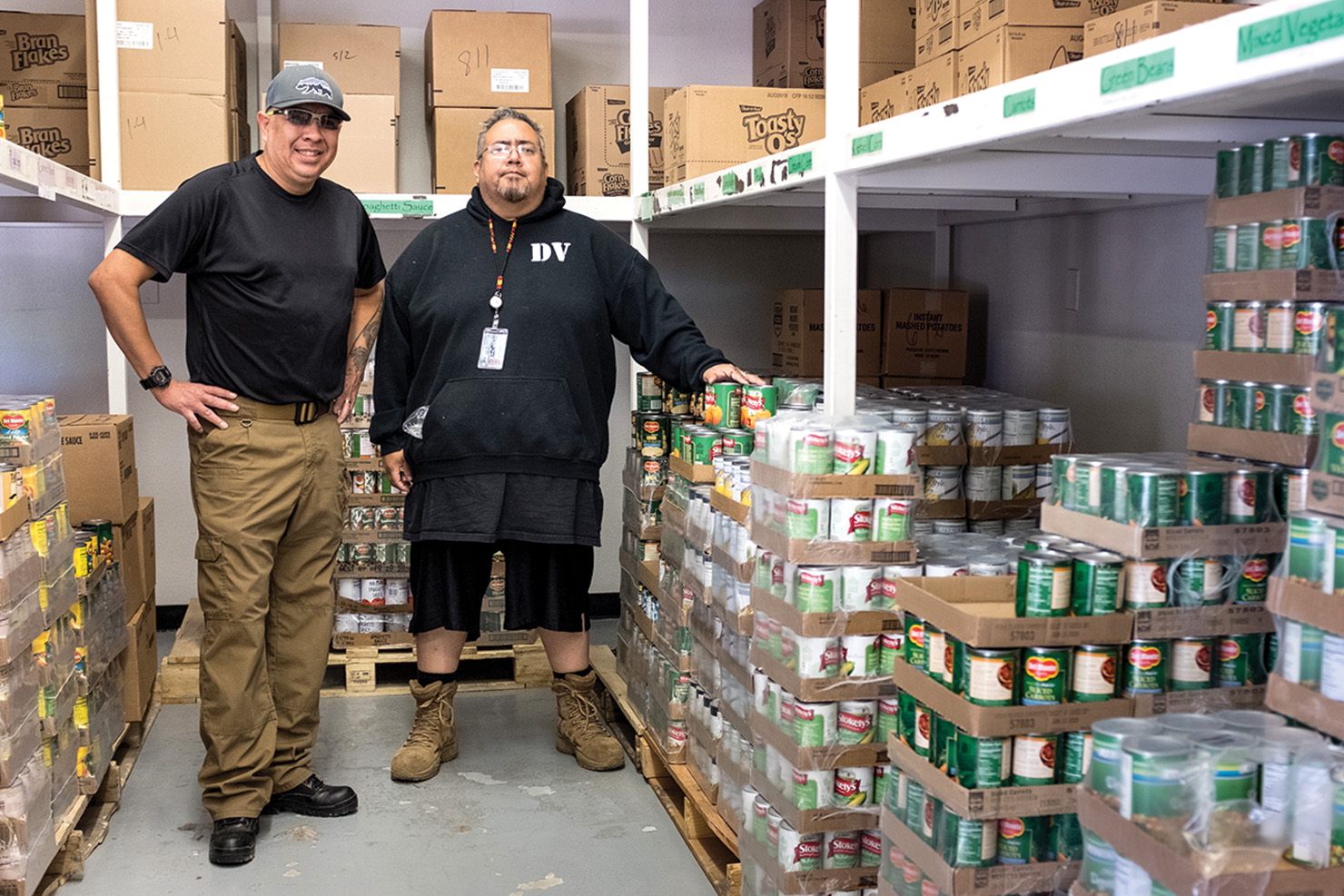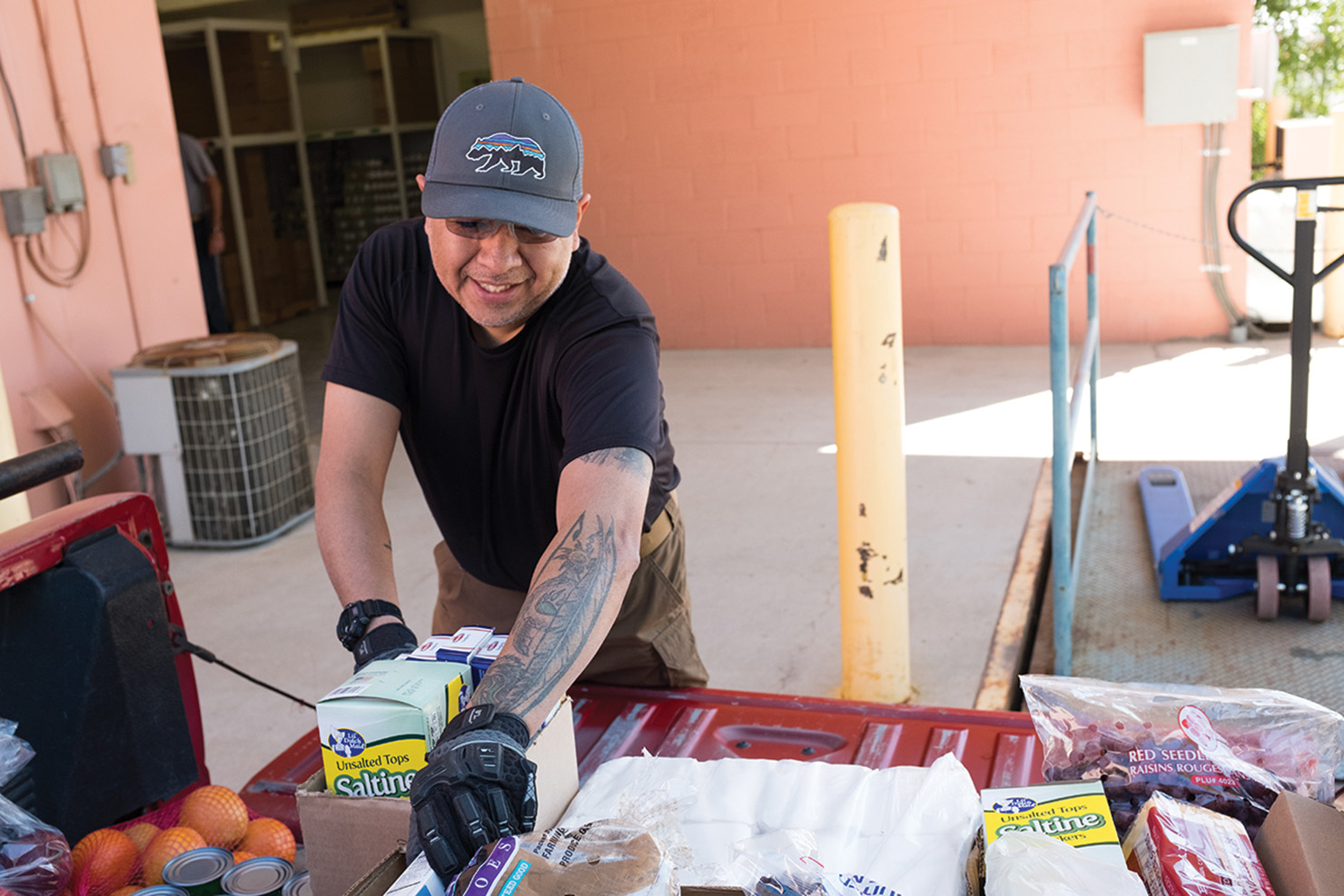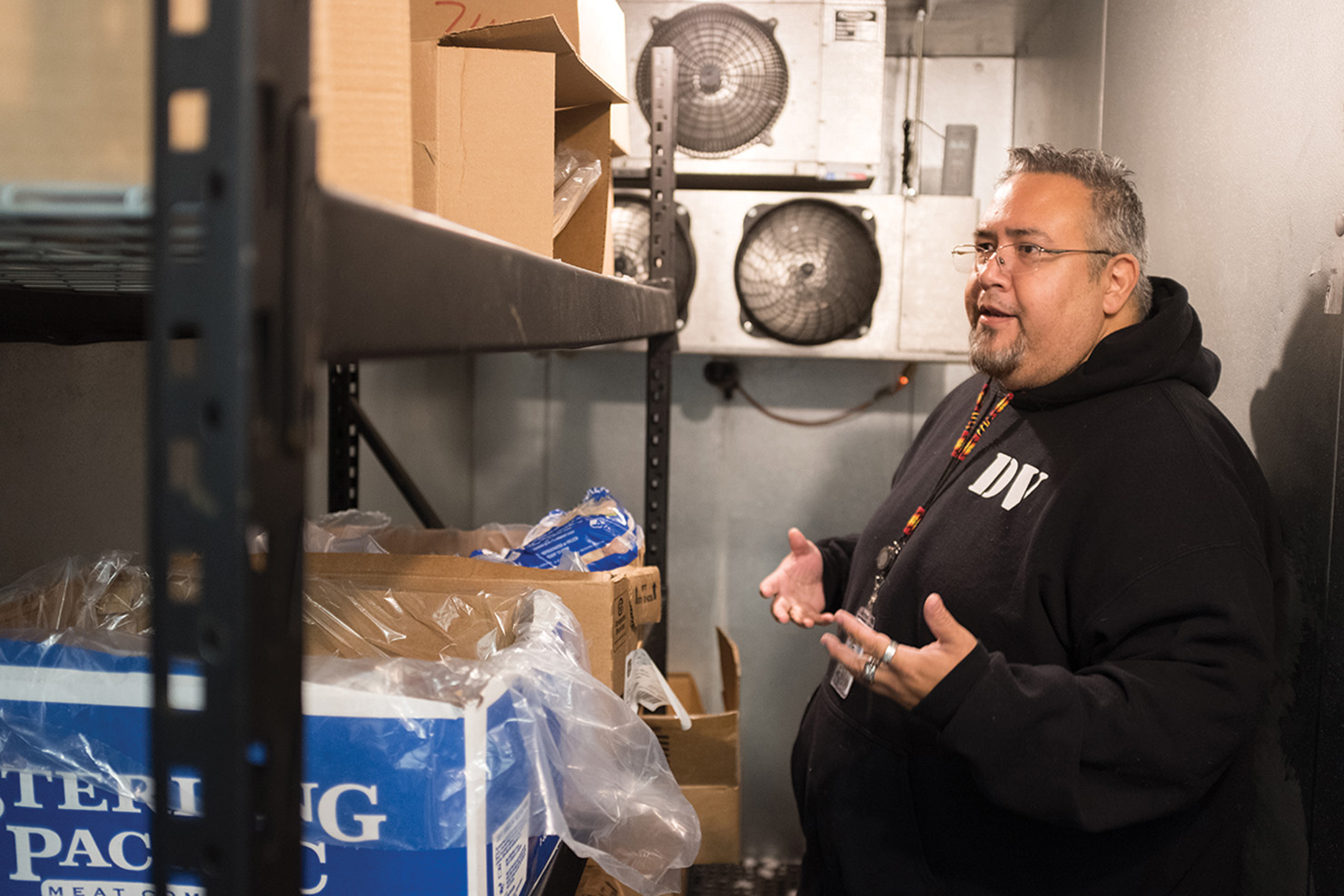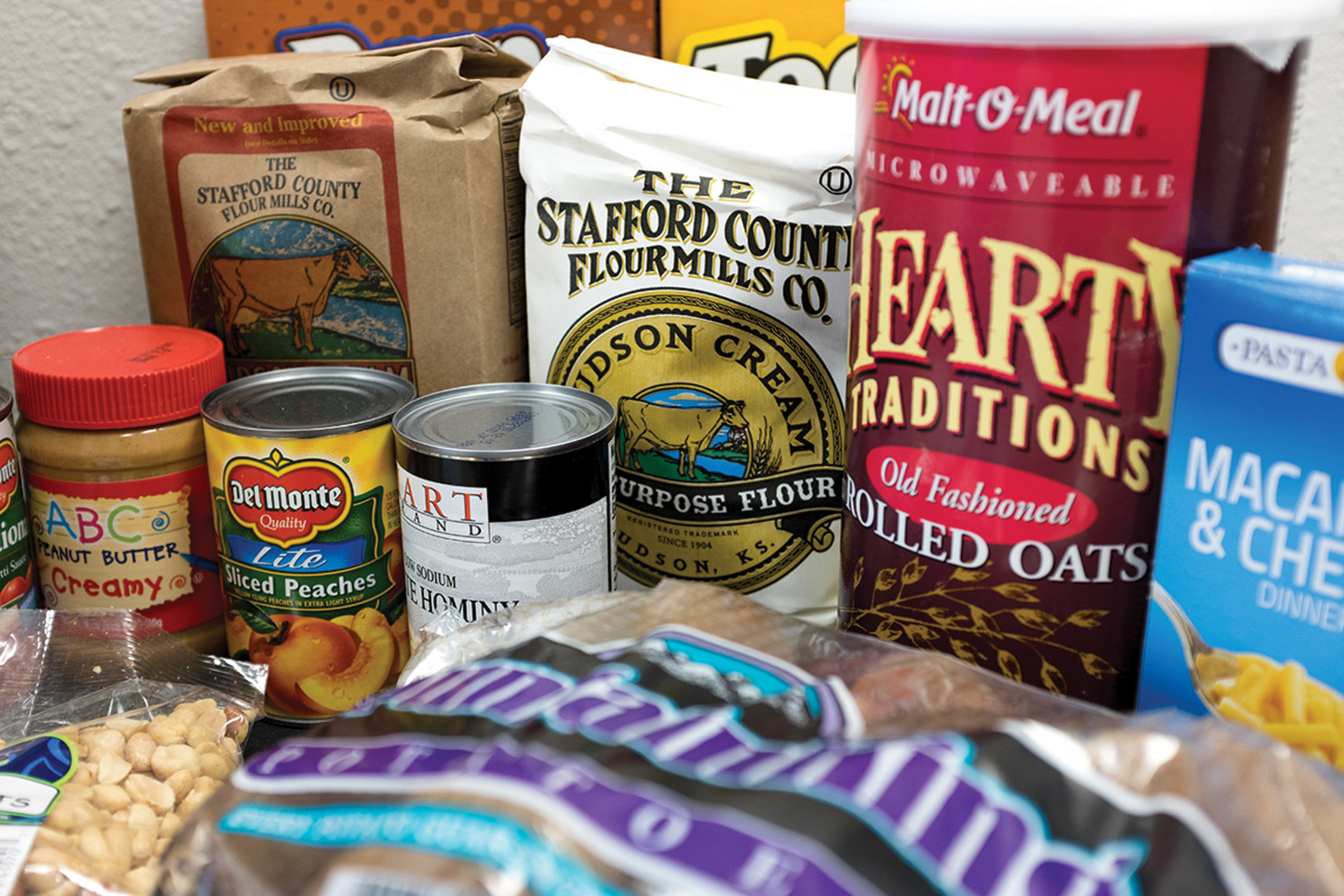The Southern Ute Indian Tribe’s Food Distribution program is seeking to break down stigmas and make quality food more accessible.
The program currently serves 264 clients. A number which has been steadily increasing since December. “It’s climbing as we get more information out into the community,” said Jeremy Cuthair, the program’s division head, adding that they have assurances from the FDA that supplies will meet the needs of the reservation.
Food distribution programs are available to every federally recognized tribe, the program is also designed to assist non-natives who live within the reservation boundaries. It is a federal government program. “The language of the program states that they are not allowed to discriminate against anyone. It is open to anyone, as long as they meet the financial criteria,” Cuthair explained. The mission is to help all low-income families, especially those who live within the reservation boundaries. Native Americans who live adjacent to the reservation may also be eligible. “The numbers are increasing. We’re seeing a lot more tribal member seniors utilizing the program,” Cuthair said.
“It’s completely different than it used to be,” Angelo Valdez said. Gone are the days of the black and white labels and generic commodities. “We get produce delivered every two weeks, so its fresh. That’s my job, to make sure everything is organized, and that there is no expired food.” Damaged goods are separated, and donated to regional food banks. Any cardboard byproduct is collected for the Tribe’s recycling program. Valdez works as the stock clerk for the food distribution warehouse.
“A trend we are seeing, is a lot of families with children who are descendants, are now receiving food,” Valdez explained. “Requests are approved within a day or so. It goes word of mouth; new people move into the community.”
“We get households of one — eight, families with children. They really appreciate the food, and the service we give them,” Valdez said. “Customer service is our number one priority.”
The program was started in 1994. Neighboring reservations have similar programs, including the Ute Mountain Ute Tribe. The Southern Ute program collaborates directly with Elder’s Services, Social Services, Emergency Family Services and the Senior Center.
The Food Distribution center is located in downtown Ignacio, at 740 Goddard Ave. “We needed a walk-in freezer, fridge, and plenty of storage space,” Cuthair explained. “Our offices are located in the same building — we have a staff of four, all tribal members.” Joyce Delaware Ford works as the program’s admin, under Jeremy Cuthair, Food Distribution Division Head. Angelo Valdez is the stock clerk, assisted by Fabian Pena, who is employed through the TERO program.
Breaking down stigmas and creating healthy solution are top priorities for the Ignacio based program.
“We have name brand items ranging from spaghetti sauce to sliced fruit. Fresh fruits, vegetables, and fruit juices — basically anything a regular store would have, which includes a variety of packaged meat from the freezer,” Cuthair said. “We are trying to erase that stigma [associated with commodity foods].”
No junk food. “We try to get healthy foods; bison, salmon, wild rice — sometimes we get promotional items from other reservations, seasonal items,” Valdez said.
There is a perception that tribal members make too much money to qualify because of their dividends. Southern Ute elders, and other tribal members are eligible as long as they meet the financial guidelines. Other factors may affect eligibility: Social security, oil dividends, Veterans benefits and child support. Utility bills paid by the household also come into play — each situation is unique.
We have free delivery to elders and handicapped. We prepack food items for tribal members who have a busy work schedule, so they can stop by when it is most convenient for them.








